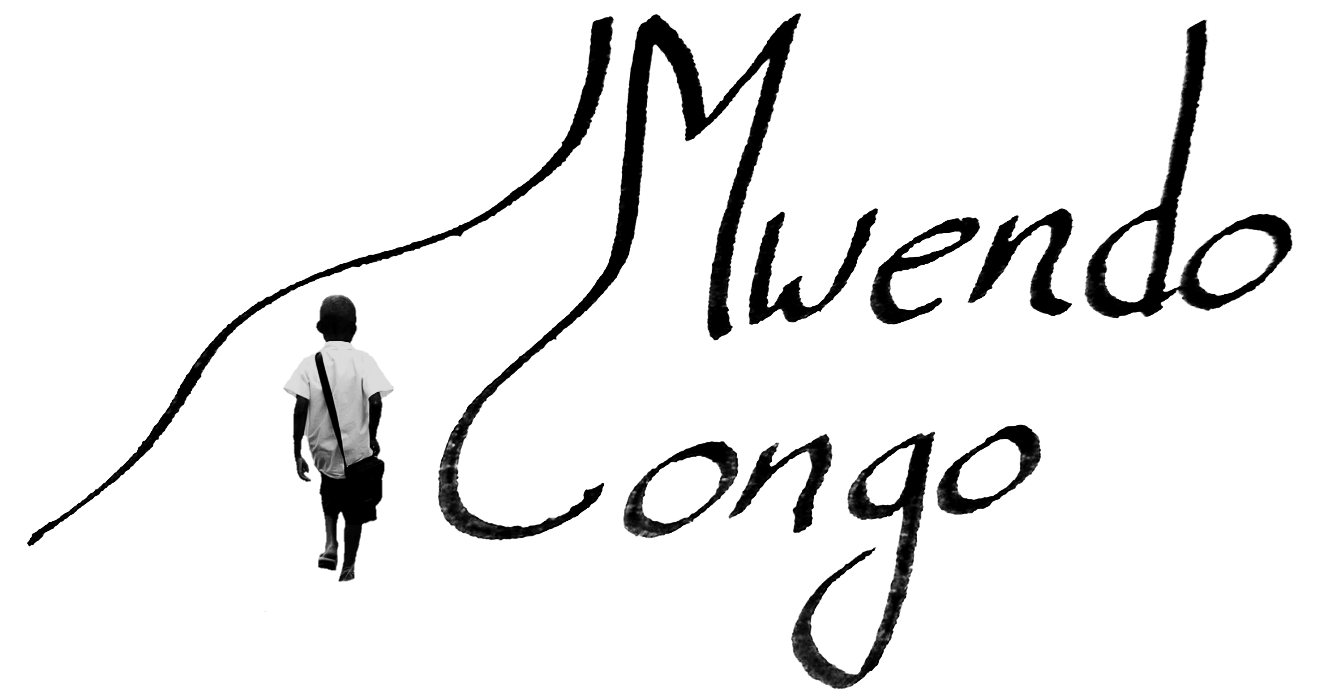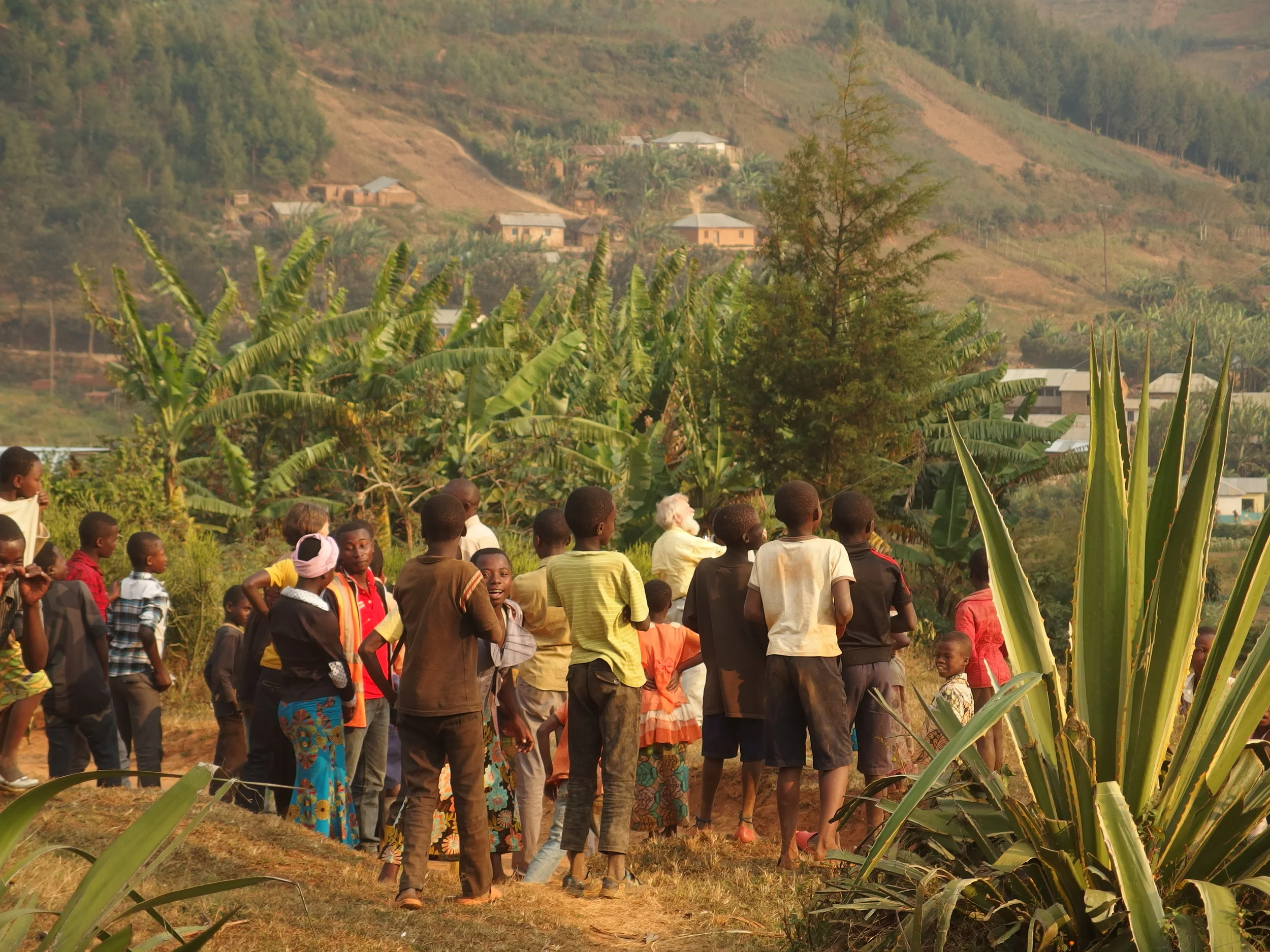Trauma healing through connection
/Trauma healing through connection
The Trauma Healing Bridge group fosters connections between professionals working in therapy and social work fields related to trauma healing in the United States and the Democratic Republic of Congo (DRC). Krista Nelson, a Minnesota-based licensed independent clinical social worker and long-time friend of Mwendo Congo, convenes the group quarterly. Their most recent conversation focused on the current context in the DRC, how they can develop peer mentorships among trauma survivors, and sharing programs that help build positive identity in youth following trauma.
DRC Program Update: Carlos Barahame Ntagengwa, director of Let Africa Live’s (LAV’s) training centers in the DRC, shared that they have seen progress in psychosocial healing with the sexual assault survivors in the LAV program. The psycho-social group brings women together to play creative games and share mother-child time. Recovering identity and discovering what each is capable of is a primary focus of programming. By the end of the program, women reported a reduction of depressed mood and increase in self empowerment.
Of late LAV has seen an increase in requests to work with orphan teen girls, born out of rape or abandoned by their families, and lacking critical family protection. These girls work in the gold mines to try to find money to survive. LAV was contacted by community members concerned about these girls being vulnerable to sexual exploitation. Carlos shared the ethical outrage over the poorest of the poor trying to eke out an existence through finding scraps of gold in order to make very rich mine owners more wealthy.
Rites of Passage: Chanee Rudolph of the Kofi mental health program for children of African descent through the Wilder Foundation in St. Paul shared the power of connection and “being seen.” This “Rites of Passage” program is designed to help youth know their cultural identity and Black status in the USA as a source of pride and goodness. African-born staff in the program expose the youth to different African languages and elements of culture in order to make this heritage real for participants. USA born staff and youth talk about what it is to not know their own lineage. Specific rites name both the hard and good of what youth have lived through, linking to cultural identity and pride, and culminating in a year end celebration. Chanee shared a youth participant’s takeaway from the program: “With the support of another, I can make it through the hard stuff.”
Work Continues: The group continues to meet to exchange ideas and practices as well as to provide mutual support in weathering the immense challenges in trauma healing work. LAV is interested in developing a mentorship program between participants in the psycho-social group and its graduates.




